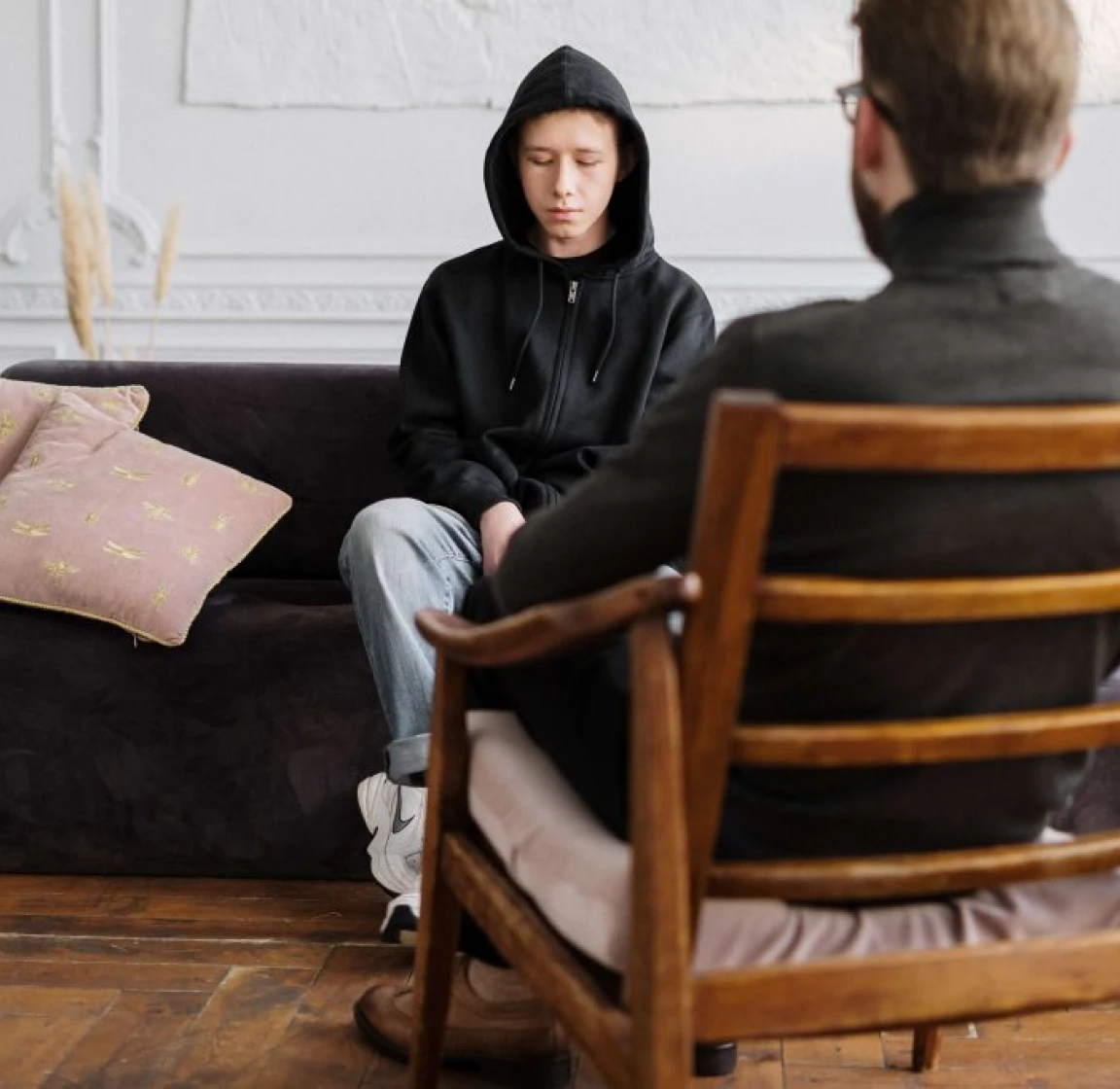Internet addiction, often called cyber addiction, is a type of behavioural addiction that involves spending too much time online in a compulsive way.
People with this condition use the internet uncontrollably, which may lead to significant impairment in their daily functioning. They prioritise internet use over important responsibilities related to school, work, parenting, and social interactions.


